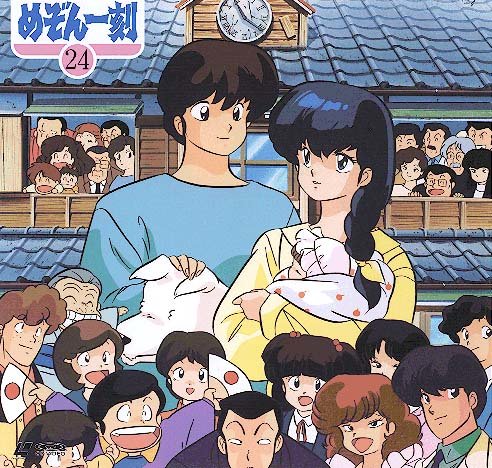The Japanese can be quite creative when it comes to playing with words, whether it’s coming up with an advertising slogan like “Shall We Sapporo Beer?” or making textbooks called “Let’s English!” or Japan’s leading cellular phone company changing its name from DoCoMo to DOCOMO (all caps). They also keep their language fresh by constantly adding new words, some of which come from English, although they’re often adapted for easier use by shoehorning them into Japanese grammar. Since most Japanese verbs end in –ru, there’s a tendency to make slang words by tacking on this ending, which creates interesting hybrids like memoru (to take a memo), daburu (to be duplicated, from “double”), misuru (miss + ru, to miss, to get an answer wrong on a test) or baguru (bug + ru, to get a bug in your software). Just as “to google” has become a verb in English, the unofficial word for “to search using Google” in Japanese is guguru, used by almost all Internet users. Another example of this trend is the English word “trouble,” which is converted into the slang verb toraburu meaning “to get into trouble,” which inspired the title for To LOVE-ru, a popular anime series about a princess from space who wants to marry a Japanese high school student, which combines this troublesome word with “to love,” making an even deeper linguistic joke. These words conjugate just like a normal Japanese verb, yielding sentences like boku no geemu ga bagutta! “my game froze up!” or kore, gugutte mite “try googling this and see what comes up.” Can you guess what these English-derived words mean? nabiru, takuru, hamoru, homoru, rezuru.
(The answers to the quiz above are nabiru, to navigate, i.e. to serve as navigator for the driver when taking a trip; takuru, to go somewhere by taxi; hamoru, to harmonize when singing; and homoru and rezuru, which both mean to make love with someone of your own gender, depending on whether it’s guy/guy or girl/girl.)
















